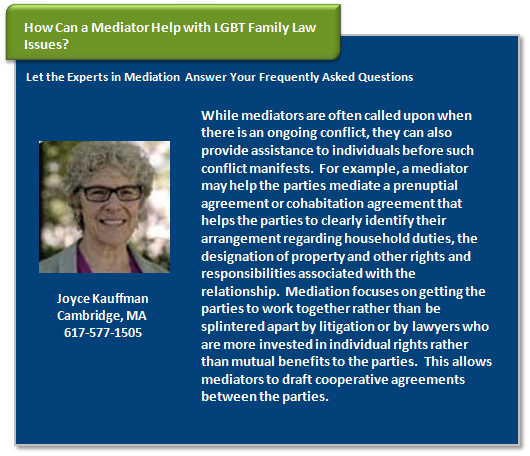 When a person has a legal dispute with a profession who he or she hired and the dispute is regarding the professional’s job performance, a professional liability case may arise. This may occur when a lawyer loses a case for a client, an accountant makes an error on a financial form or an architect’s plans for a building do not encapsulate necessary safety features, as a few examples. When problems of this nature arise, the professional’s reputation and livelihood are at stake.
When a person has a legal dispute with a profession who he or she hired and the dispute is regarding the professional’s job performance, a professional liability case may arise. This may occur when a lawyer loses a case for a client, an accountant makes an error on a financial form or an architect’s plans for a building do not encapsulate necessary safety features, as a few examples. When problems of this nature arise, the professional’s reputation and livelihood are at stake.
Dissatisfied clients may wish to pursue action against the professional’s license. However, this approach may not provide the results that will best serve their interests or the professionals’ interests. Through ADR, clients and the professionals whom they hire are often able to work together as a team to reach a solution that is tailored to meet their interests.
Mediation is a confidential process, so this allows the client and professional to speak more candidly without being afraid that their words will be used against them at a later proceeding. Often in professional liability cases, the underlying problem is the result of a miscommunication. Mediation allows the parties to talk through their problem to see how it arose and what contributed to it. Then, they can work together toward a resolution.
Mediation provides benefits to both parties and since it is based on collaboration, the parties are often able to maintain a relationship after a resolution is reached. Additionally, the parties are usually able to reach a solution faster than if they pursue their claim through another channel. This can allow the professional to proceed without worrying about his or her professional standing and for the client to be able to move forward. Additionally, the agreement that is reached is tailored to the specifics of the case and the parties’ interests, providing a more customized approach.





 Going through a divorce is most difficult for the children. Conscientious parents who want what is best for them may take strides toward achieving a positive co-parenting relationship for the sake of their children. Some ways that parents can make the most of this difficult transition include the following:
Going through a divorce is most difficult for the children. Conscientious parents who want what is best for them may take strides toward achieving a positive co-parenting relationship for the sake of their children. Some ways that parents can make the most of this difficult transition include the following:
 While the United States Supreme Court legalized gay marriage across the country recently in 2015, many states have recognized this union in some form for many more years. This allowed different jurisdictions to recognize a relationship in one area but not in another area. While this has changed, the LGBT community still faces a number of complex family law issues.
While the United States Supreme Court legalized gay marriage across the country recently in 2015, many states have recognized this union in some form for many more years. This allowed different jurisdictions to recognize a relationship in one area but not in another area. While this has changed, the LGBT community still faces a number of complex family law issues. Like most court orders pertaining to children, child support orders can be modified when the circumstances call for it. Some of the common reasons why a child support order may need to be changed include:
Like most court orders pertaining to children, child support orders can be modified when the circumstances call for it. Some of the common reasons why a child support order may need to be changed include: